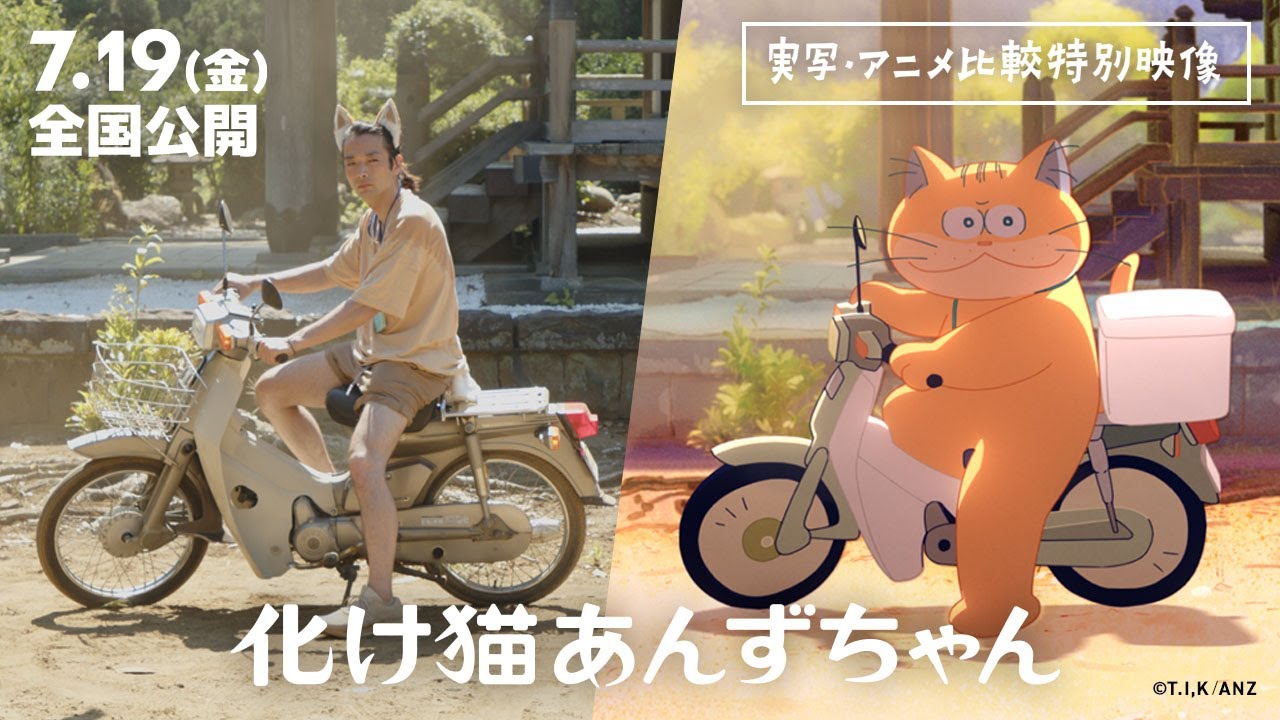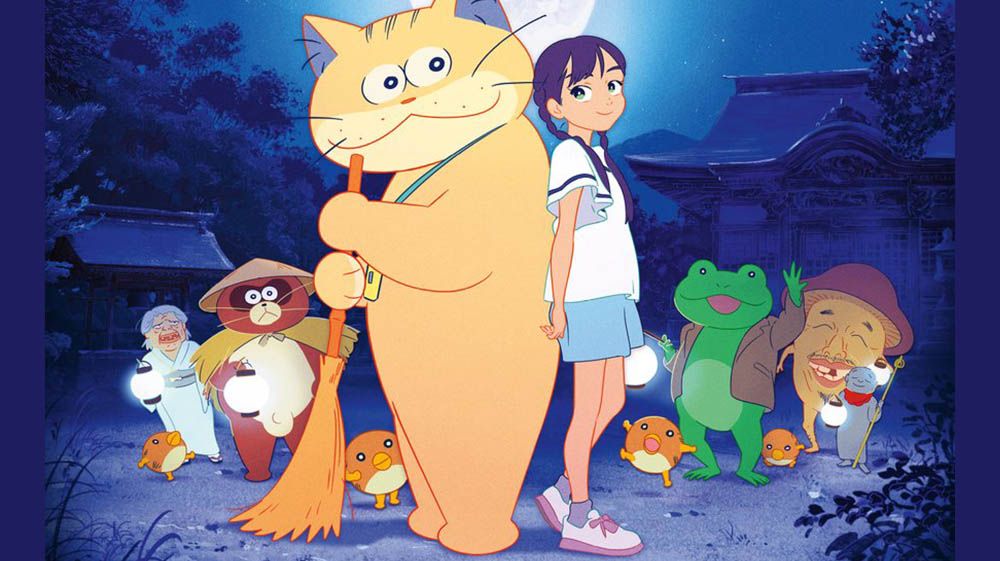Ghost Cat Anzu has just received a full release in France following its premiere at Cannes in May. The 2D animated film is delighting anime fans, and it’s also causing some surprise due to its use of rotoscoping.
TOHO Animation’s video (below) compares the original live-action footage and the finished product. The result is a charming 2D animation that maintains the relaxed feel of the original footage (see our pick of the best 2D animation software for your own setup).
æ ç»ãåãç«ãããã¡ãããï¼å®åã»ã¢ãã¡æ¯è¼ç¹å¥æ åï¼ã2024å¹´7æ19æ¥å
¬éã – YouTube

Watch On
Directed by Yōko Kuno and Nobuhiro Yamashita and based on Takashi Imashiro’s manga, Ghost Cat Anzu tells the story of Karin, a young girl who forms a bond with a talking cat and sets out on a journey to Tokyo to search for her father. Yamashita oversaw interactions between the cast to capture the actors’ subtle expressions, and then Kuno directed the animation, ensuring fluid movement and a lot of facial expressiveness in the characters. The striking backgrounds were inspired by neo-impressionist painting.
On watching the comparison footage above, some people have been questioning whether the animators really used rotoscoping, which involves drawing over live action footage, or if they worked freely from reference images. Animator Jordan Bayes, who says he worked on 22 seconds of the film and has also worked on One Piece, has confirmed that the new movie was rotoscoped but says that rather than trace over every frame, animators worked on 2s and 3s.
Catsuka has also shared comparison footage from the movie.
Ghost Cat Anzu was released in Japan on 19 July and is now showing in France and Switzerland. GKIDS plans a North American release to follow later in the year. For more animation news, see the project paying tribute to cancelled animated films.

